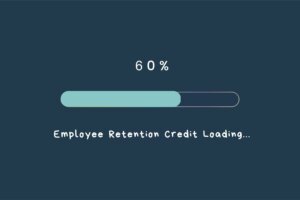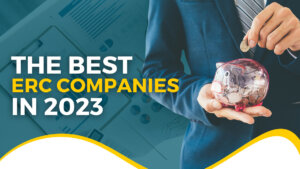Continuing from last week’s posting….
As it will not always be appropriate to run down the prepared list of questions with every interviewee, the interviewer must be able to “read people,” must be able to know when to forget the prepared questionnaire and just chat with Mr./Ms. Jones about the NPO’s issues and possible futures.
Sample interview questions might be:
* On a scale of 0-10, how would you rate the importance to you
(and to your family) of “this” aspect of the NPO’s mission?
* On a scale of 0-10, how would you rate the importance to you
(and to your family) of “this” program?
* What would it take to get you to want to be part of the leadership
for a major fundraising effort?
* What would it take to get you to want to be a major donor for
such an effort?
* What should we do to get other potential leaders/donors enthusiastic
about the project/activity we’re considering?
• When might be the best time to kick-off the program/campaign? Why?
The two major objectives in conducting the interviews are: 1) determination how/if a program/project/activity should be implemented; and, 2) beginning the cultivation of those folks who could help make it happen,
Considering those objectives, it is essential, as with all serious development activities, that those interviews be face-to-face.
You can’t be taken very seriously and you can’t read body language over the phone; and, a mailed “survey” doesn’t give the option to ask follow-up questions nor allow the interviewer to digress and/or “pick the subject’s brain.”
Being face-to-face highlights the importance of the process and, thereby, suggests that the interviewee’s thoughts/comments/reactions are very important to that process.
To prepare for the interviews, each potential interviewee is sent a brief personal note to prepare them for the phone call arranging an interview appointment.
Having done this for almost forty years, I suggest that the best structure for a “Planning Study” is to have an outsider (an experienced study consultant) work with the NPO to design and plan the study and to conduct the interviews.
An outsider is perceived as being objective. S/he is seen (by the interviewees) as not having an “agenda” … not focused on a specific outcome. The objective outsider is “merely” gathering data that will help the NPO “plan for the future.”
And, after each interview: the interviewer should generate a report summarizing the respondent’s thoughts/attitudes, and suggesting what the next step(s) might be to further cultivate that person and get him/her to the point where s/he will want to be part of (and even support) the NPO’s projects, programs and/or activities; and, the organization should send a (snail mail) note to the interviewee thanking him/her for participating.
=-=-=-=-=-=-=-=-=-=-=-=-=-=
Have you heard about
The Fundraising Series of ebooks?
They’re easy to read, to the point, and inexpensive ($1.99-$4.99)
=-=-=-=-=-=-=-=-=-=-=-=-=-=
Have a comment or a question about starting, evaluating
or expanding your fundraising program?
AskHank
=-=-=-=-=-=-=-=-=-=-=-=-=-=
We welcome your questions/problems —
they are likely to engender further discussion.
Look forward to hearing from you.
Comments & Questions
=-=-=-=-=-=-=-=-=-=-=-=-=-=
 Sections of this topic
Sections of this topic
















